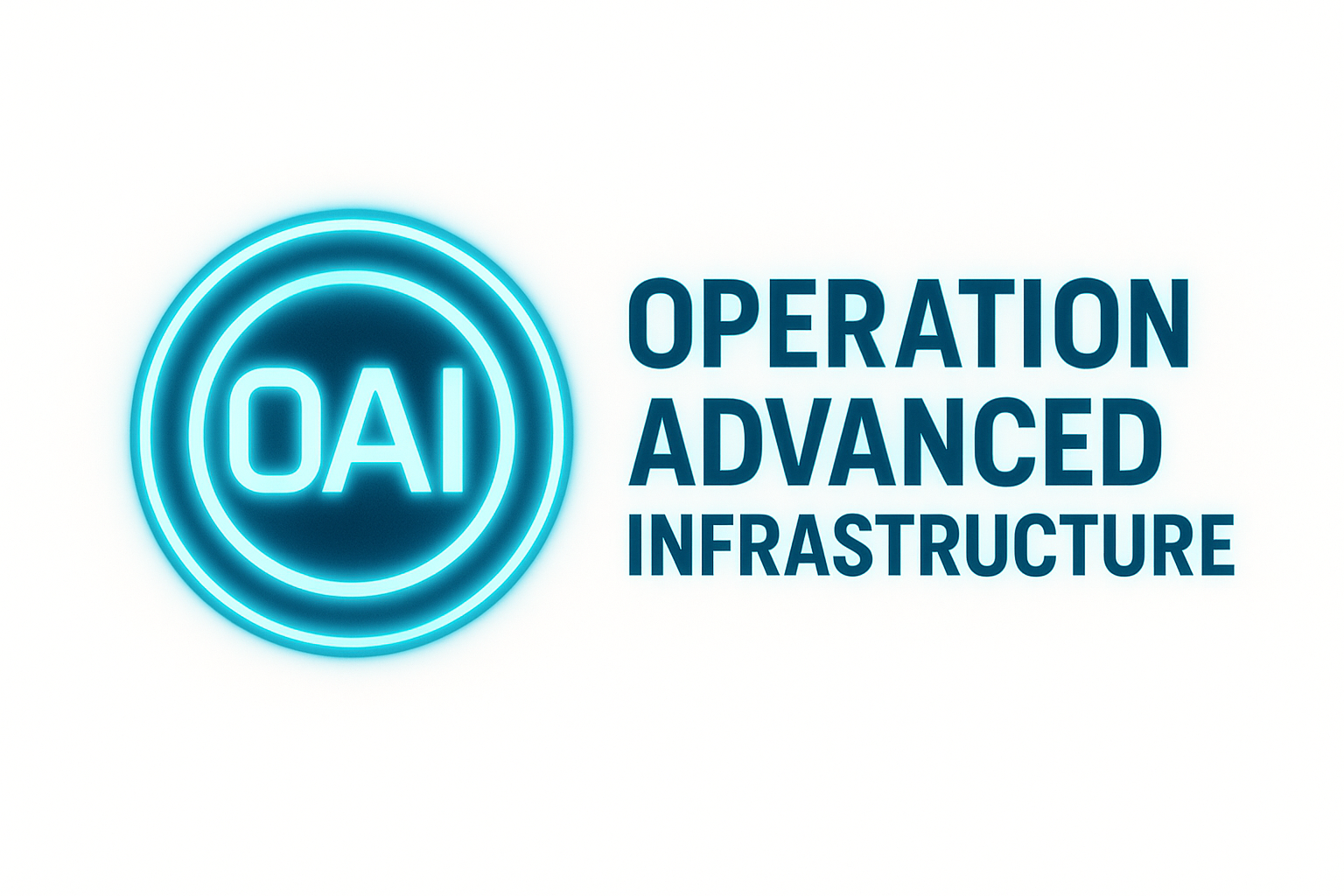| 18 | | Guix System: |
| 19 | | You can inspect, audit, and rebuild every component of your system — from the kernel to applications — using cryptographically pinned source inputs. |
| 20 | | The entire dependency graph is traceable and reproducible, even across machines and time. |
| 21 | | Perfectly suited for classified or national security work, where vendor trust cannot be assumed. |
| 22 | | RHEL / Windows: |
| 23 | | You receive pre-built binaries signed by the vendor. |
| 24 | | You often trust opaque CI/CD systems outside your control. |
| 25 | | Reproducing or auditing software at a fine-grained level is non-trivial or impossible. |
| | 18 | === Guix System: |
| | 19 | |
| | 20 | * You can inspect, audit, and rebuild every component of your system — from the kernel to applications — using cryptographically pinned source inputs. |
| | 21 | |
| | 22 | * The entire dependency graph is traceable and reproducible, even across machines and time. |
| | 23 | |
| | 24 | * Perfectly suited for classified or national security work, where vendor trust cannot be assumed. |
| | 25 | |
| | 26 | === RHEL / Windows: |
| | 27 | |
| | 28 | * You receive pre-built binaries signed by the vendor. |
| | 29 | |
| | 30 | * You often trust opaque CI/CD systems outside your control. |
| | 31 | |
| | 32 | * Reproducing or auditing software at a fine-grained level is non-trivial or impossible. |
| 29 | | Guix: |
| 30 | | You define everything declaratively — no surprises at runtime. |
| 31 | | You can script, version-control, and diff system changes like source code. |
| 32 | | Integration with CI/CD is powerful but requires Scheme fluency and a Unix mindset. |
| 33 | | RHEL / Windows: |
| 34 | | You use vendor tools (e.g., Satellite, WSUS, SCCM) to manage updates and installations. |
| 35 | | Configuration drift is common without complex tools like Ansible, Puppet, or GPO. |
| 36 | | More user-friendly, but less introspectable. |
| | 36 | === Guix System: |
| | 37 | |
| | 38 | * You define everything declaratively — no surprises at runtime. |
| | 39 | |
| | 40 | * You can script, version-control, and diff system changes like source code. |
| | 41 | |
| | 42 | * Integration with CI/CD is powerful but requires Scheme fluency and a Unix mindset. |
| | 43 | |
| | 44 | === RHEL / Windows: |
| | 45 | |
| | 46 | * You use vendor tools (e.g., Satellite, WSUS, SCCM) to manage updates and installations. |
| | 47 | |
| | 48 | * Configuration drift is common without complex tools like Ansible, Puppet, or GPO. |
| | 49 | |
| | 50 | * More user-friendly, but less introspectable. |
| 45 | | Commercial Systems: |
| 46 | | Air-gap support is not native. |
| 47 | | Requires additional tooling for mirroring updates, verifying patches, and avoiding telemetry. |
| 48 | | Licensing and activation can be problematic offline. |
| | 56 | * Designed for air-gapped reproducibility. |
| | 57 | * You can export all sources via guix archive or guix pack. |
| | 58 | * Build servers can remain offline and secure. |
| | 59 | |
| | 60 | === Commercial Systems: |
| | 61 | |
| | 62 | * Air-gap support is not native. |
| | 63 | |
| | 64 | * Requires additional tooling for mirroring updates, verifying patches, and avoiding telemetry. |
| | 65 | |
| | 66 | * Licensing and activation can be problematic offline. |
| 52 | | Risk Guix Mitigation RHEL/Windows Mitigation |
| 53 | | Supply chain tampering Build everything from trusted source Trust vendor signatures and processes |
| 54 | | Configuration drift Fully declarative system + rollbacks Ansible, Puppet, GPO |
| 55 | | Covert binaries / blobs Avoided by default (FOSS only) Often required for hardware drivers, tools |
| 56 | | Forced updates / phones-home None unless added by user Needs group policy / firewall control |
| | 70 | || Risk || Guix Mitigation || RHEL/Windows Mitigation || |
| | 71 | || Supply chain tampering || Build everything from trusted source || Trust vendor signatures and processes || |
| | 72 | || Configuration drift || Fully declarative system + rollbacks || Ansible, Puppet, GPO || |
| | 73 | || Covert binaries / blobs || Avoided by default (FOSS only) || Often required for hardware drivers, tools || |
| | 74 | || Forced updates / phones-home || None unless added by user || Needs group policy / firewall control || |
